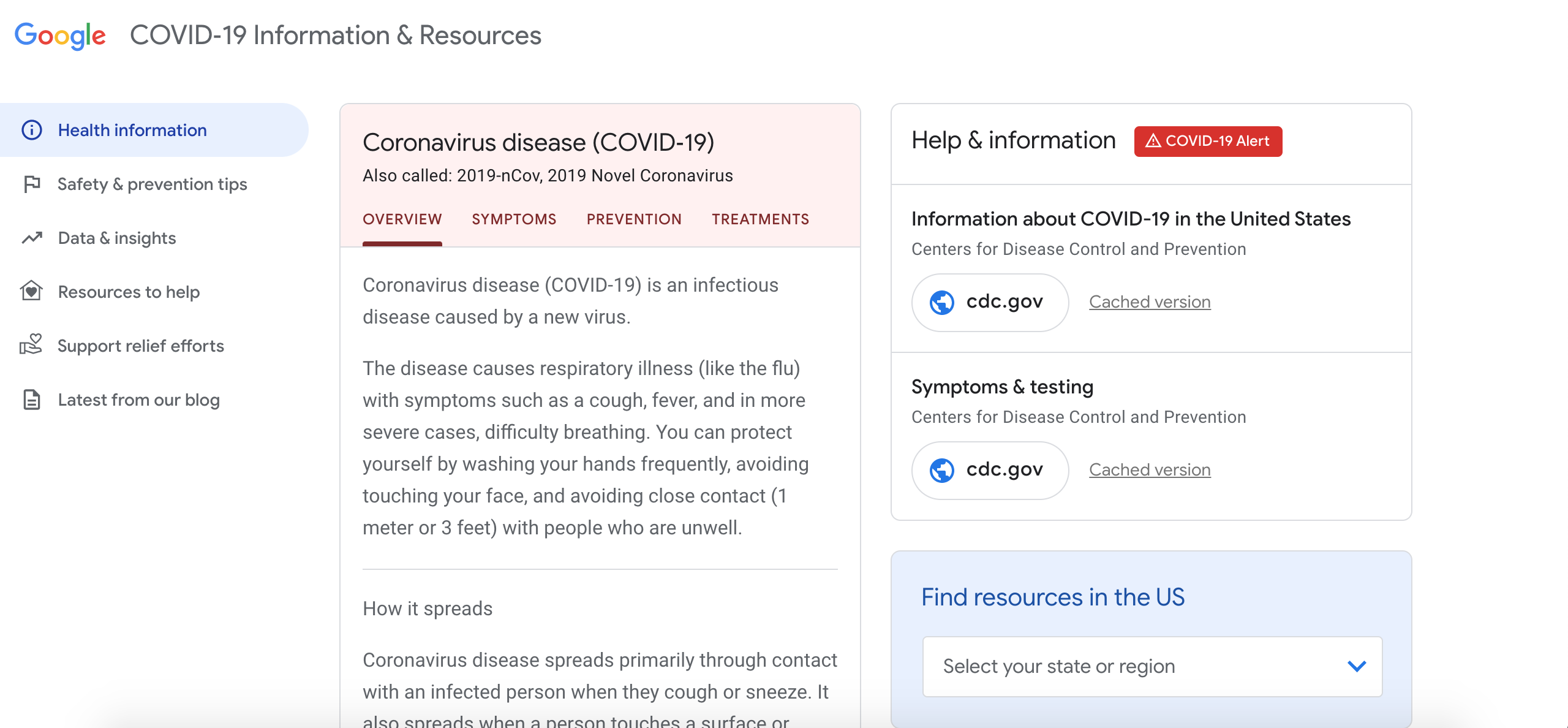
Image by Alexas_Fotos from Pixabay
The COVID-19 pandemic is forcing companies to make tough decisions on how to keep their business afloat.
Some might think of cutting down marketing budgets or even stopping marketing efforts. But, we think otherwise. You should not stop interacting with your customers and instead, take advantage of marketing strategies during this time for more people to notice your business.
We have compiled some of the tips why you shouldn’t stop your marketing efforts amidst a pandemic. Check them out below!
1. Search Engine Marketing Can Produce Cash
During economic downtimes, cash is king.
Those that have the cash, or cash flow, to push through the hard times are the businesses that survive.
The only marketing technique that produces a better ROI than search engine marketing is an opt-in email list.
Opt-in email lists don’t grow on trees.
They must be created by generating demand – and search engine marketing is one of the best ways to create a profitable opt-in email list.
when people stay home, my bet is they are going to be searching more rather than less.
By putting your brand in front of searchers, you make the cut when the buying decision is made.
Even if overall sales of your product or service go down because of the economy or the pandemic, you can offset some of your losses by investing in a comprehensive search engine marketing program that puts you in front of those that are still in a buying frame of mind.
2. People will search for products/services that aren’t readily available
With many cities across the globe going on complete lockdown, there’s already a scarcity of products. People have no option other than to buy these products online. And when these goods aren’t available online, buyers will look for alternatives. Being on search results that people are searching for can mean a lot to your business. It’s time to leverage on the scarcity of specific items, work on ranking for those items and their alternatives, and build link building campaigns around them. And if you happen to sell any of the items that are in demand and not readily available, its time to make more profit.
3. People Still Need Products & Services
Despite what some of the folks in my Facebook feed seem to think, the world is not coming to an end.
Humans still need products and services.
And as I’ve already stated, search engine marketing, both paid and organic, is the best way to reach consumers with buying intent.
I’m not saying that search engine marketing is always a quick fix – but you can get a Google Ads campaign up and running in a few hours or less.
When the CEO starts panicking, suggesting a search engine marketing campaign may be the best way to calm them down for a bit.
Especially if you haven’t been doing search engine marketing in the past.
4. To stay ahead of the competition
Many businesses are thinking of either pausing their SEO campaigns or lowering the budget. On the contrary, this is the time to stand out. Stay connected with your audience, and they will love you more than your competitors. This is the right time to go aggressive with your SEO strategies.
5. For better brand positioning
Businesses can ramp up their SEO efforts to position their brand in a better way. Though the global economy is going through a phase of slowdown, people are spending a lot of time on the web. Look at this as an opportunity to build rapport with potential customers and penetrate new markets. Think of different ways to reach out to the target audience. You can run ad campaigns or come up with interesting posts to engage consumers. All these efforts will add to your branding strategy.
If you are thinking that SEO can save your website that is practically not generating any revenue during the Coronavirus crisis, you are wrong. It can, however, make you prepare better for tomorrow. We know that things will eventually normalize, and there would no longer be a threat to human lives by a virus. This is the time when people will come out of their homes, get back to routine, and probably travel. Having a well-optimized website that ranks for high-volume keywords would mean more business coming in.
So I encourage all businesses to either continue or start aggressive search engine marketing efforts.
Search engine marketing is the most effective way to market your business in downtimes.
We saw this to be the case in 2009, and things haven’t changed that much.
So get started today.
You’ll thank me tomorrow.






















